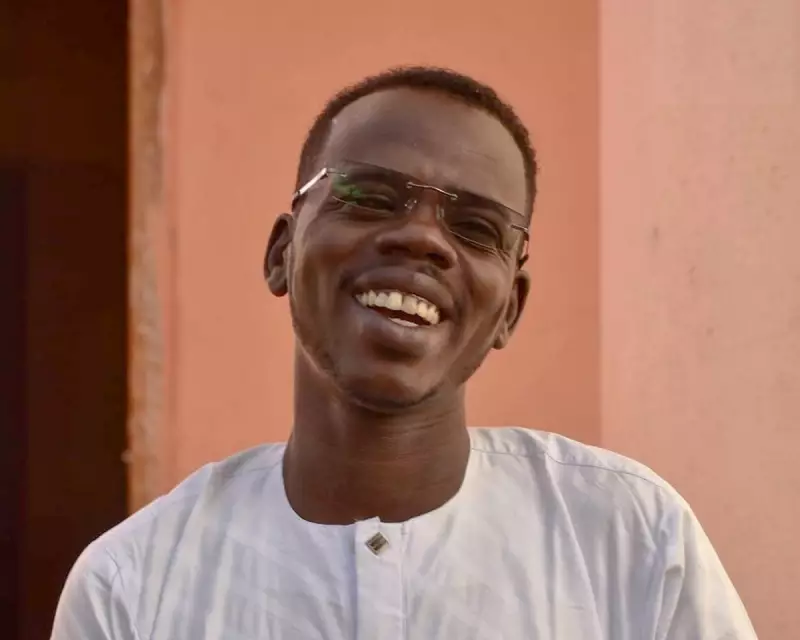
In the heart of Sudan's escalating conflict, one man's courage became both his mission and his undoing. As the world turned away from the unfolding catastrophe in El Fasher, he refused to stay silent, documenting atrocities that powerful forces wanted buried.
The Voice in the Darkness
While international attention drifted elsewhere, this unsung hero became the crucial link between the besieged city of El Fasher and the outside world. His detailed accounts of civilian suffering, systematic violence, and humanitarian collapse provided the evidence that contradicted official narratives.
"He wasn't just reporting events; he was bearing witness to genocide," said a colleague who requested anonymity for safety reasons. "Every message he sent, every photo he shared, was an act of defiance against those who wanted the world to look away."
The Price of Truth
As his reports gained traction among international organisations and media outlets, the risks multiplied. The very exposure he sought for the crisis in Darfur ultimately exposed him to those determined to silence dissent.
According to multiple sources close to the situation, the targeting was systematic and deliberate. "They knew exactly who he was and what he represented," explained a humanitarian worker familiar with the case. "In a war where information is weaponised, truth-tellers become primary targets."
A Legacy of Courage
His disappearance and subsequent death have sent shockwaves through Sudan's activist community, serving as a stark reminder of the dangers facing those who document human rights abuses in conflict zones.
- Systematic documentation of war crimes in Darfur
- Covert communication with international bodies
- Protection of vulnerable sources and witnesses
- Ultimate sacrifice for truth and justice
The Information War
In modern conflicts, control of narrative has become as crucial as control of territory. The battle for El Fasher isn't just being fought with weapons but with information—and those who challenge official stories often pay the highest price.
"He understood that silence was complicity," his sister revealed in a rare interview. "Even when we begged him to stop, he said someone had to tell the world what was happening to our people."
As Sudan's conflict continues to escalate, the absence of brave voices like his leaves a void that may never be filled. His story stands as both a tribute to courage and a damning indictment of the international community's failure to protect those who risk everything to reveal the truth.





